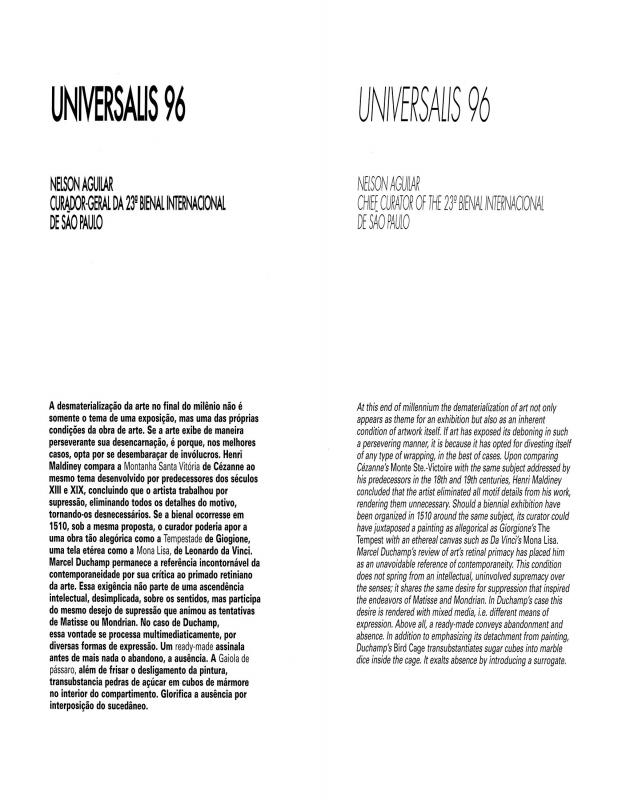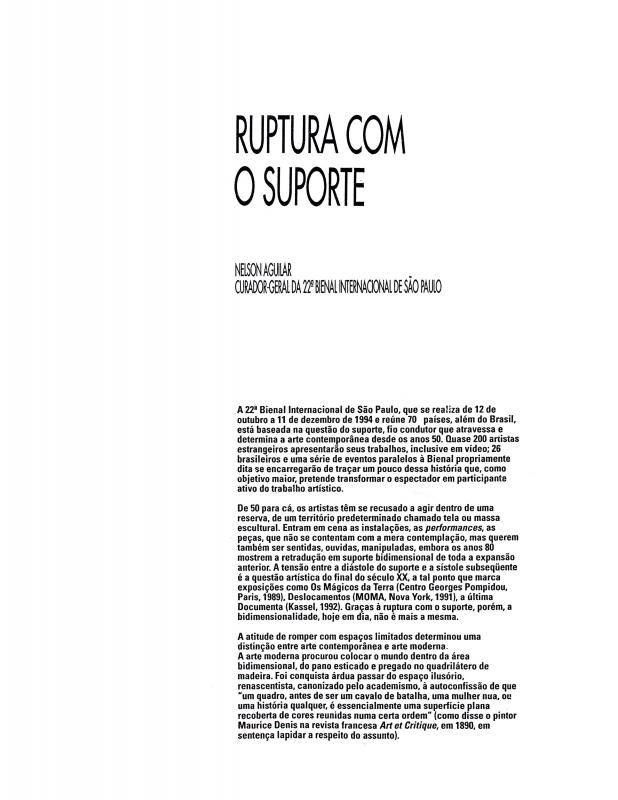Mari Carmen Ramírez (b. 1955) has a graduate degree in art history from the University of Chicago. Since 2001, she has been the Wortham Curator of Latin American Art at the Museum of Fine Arts, Houston (MFAH); she directs the International Center for the Arts of the Americas (ICAA), which operates under the auspices of the MFAH. She has curated countless international exhibitions on Latin American art, among them Inverted Utopias: Avant-Garde Art in Latin America (her co-curator on that occasion was Hector Olea, the editor of this digital archive) held at the Museum of Fine Arts, Houston in 2004. The New York Times considered that exhibition one of the two most significant exhibitions to be held in the United States in the first decade of the 21st century. Two other touring shows—also produced in conjunction with Olea—that had major impacts internationally were Building on a Construct: The Adolpho Leirner Collection of Brazilian Constructive Art at the MFAH and Carlos Cruz Diez: Color in Space and Time (the catalogues to both exhibitions were published by Yale University Press in 2009 and 2011, respectively). In New York, she was awarded the Peter Norton Family Foundation prize for curatorial excellence in 1997.
The exhibition Universalis—which formed part of the XXIII São Paulo Biennial—featured forty-two living artists who were grouped into seven regions: the United States and Canada, Latin America, Asia, Africa and Oceania, Western Europe, Eastern Europe, and Brazil. With a formulation rooted in the idea of multiculturalism central at that time, Universalis gave rise to intense debate and discussion among Brazilian critics and curators.
On that exhibition, see the essays by Nelson Aguilar entitled “Universalis 96” (ICAA digital archive doc. no. 1111100) and “Ruptura com o suporte” (doc. no. 1111099). The book that inspired the show was Six Years: The Dematerialization of the Art Object from 1966 to 1972: A Cross-Reference Book of Information on Some Esthetic Boundaries (New York: Praeger, 1973).


